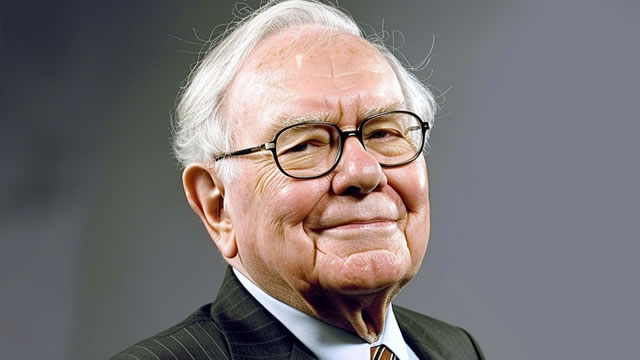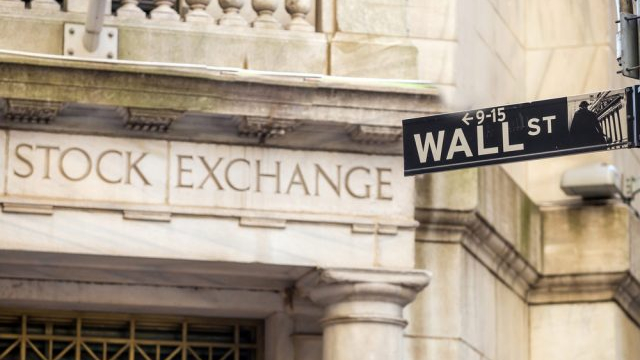The Absence of Dividends in Warren Buffett’s Berkshire Hathaway
If you’ve been considering investing in Warren Buffett’s Berkshire Hathaway (BRK.A and BRK.B), you’re in good company. The conglomerate, led by the legendary investor, has long been a favorite among value investors and those seeking long-term growth. However, if you’re hoping for a steady stream of dividend income from your investment, you might be disappointed.
No Dividends from Berkshire Hathaway: A Strategic Choice
Berkshire Hathaway has never paid a dividend to its shareholders. Instead, Buffett has consistently reinvested the company’s earnings to fuel its growth. This approach is in line with Buffett’s philosophy that share buybacks and strategic acquisitions are more beneficial to shareholders than dividends.
Impact on Individual Investors
For individual investors seeking income, Berkshire Hathaway’s lack of dividends might be a drawback. Dividends can provide a steady stream of income and help mitigate the impact of market volatility. However, investing in Berkshire Hathaway for long-term capital appreciation can still be a worthwhile endeavor. Buffett’s track record of successful investments and management has led to substantial growth for the company’s shareholders.
- Long-term capital appreciation: Berkshire Hathaway’s shares have significantly outperformed the S&P 500 index over the past 50 years.
- Compounding effect: Reinvesting dividends (if received) would have further boosted the growth of an investment in Berkshire Hathaway.
- Share buybacks: Buffett has used share buybacks to return value to shareholders, which can have a similar effect as dividends.
Impact on the World
Berkshire Hathaway’s decision not to pay dividends has broader implications. By not distributing profits to shareholders, the company is able to retain more earnings and reinvest in its businesses or make acquisitions. This can lead to increased economic activity and job creation.
- Economic growth: Berkshire Hathaway’s reinvestment of earnings can contribute to economic growth by funding new projects and businesses.
- Employment: The company’s acquisitions and investments can create jobs and stimulate economic activity in the industries it enters.
- Role model: Buffett’s approach to reinvesting profits instead of paying dividends has influenced other companies to adopt similar strategies.
Conclusion
Investing in Berkshire Hathaway without expecting dividends might seem daunting for some, but the company’s long-term growth potential and Buffett’s successful track record make it an attractive proposition for those seeking capital appreciation. Furthermore, the company’s decision not to pay dividends has wider implications, contributing to economic growth and job creation.
While the absence of dividends might not appeal to all investors, Berkshire Hathaway’s unique approach to wealth creation under Warren Buffett’s leadership continues to captivate the investment community.





